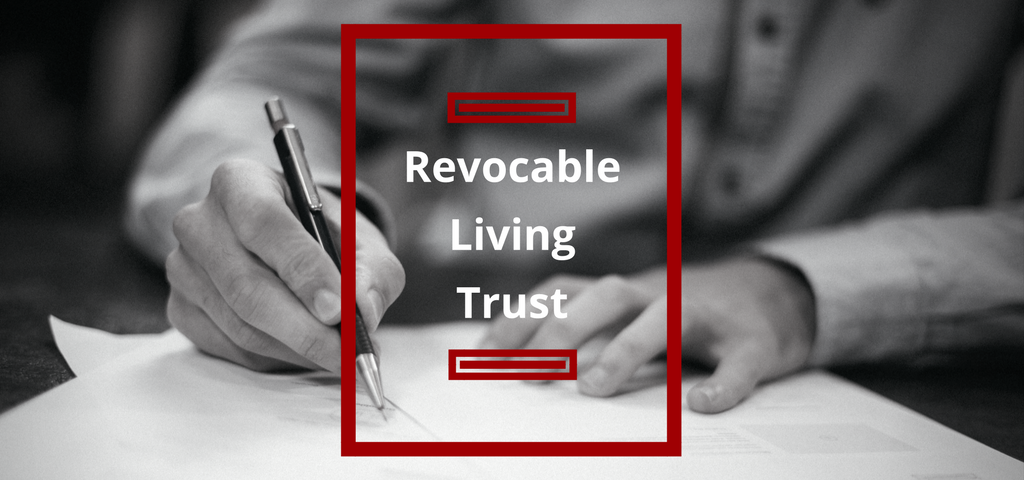- Contact Us
- 480-922-5552
- info@aheadofthecurvelaw.com
Revocable Living Trust

Five Key Elements of an Estate Plan
November 8, 2017
The Family Meeting: A Crucial Part of Your Estate Plan
December 19, 2017 We want to control our assets for as long as we are able. When the time comes to turn that control over, we want someone we trust to oversee and manage our affairs according to our wishes. Ideally, this process would take place as efficiently as possible, with little to no government involvement and without the costs and hassles of probate.
We want to control our assets for as long as we are able. When the time comes to turn that control over, we want someone we trust to oversee and manage our affairs according to our wishes. Ideally, this process would take place as efficiently as possible, with little to no government involvement and without the costs and hassles of probate.
The most popular and commonly utilized estate planning tool that allows for such stipulations is the Revocable Living Trust. Also called a “living trust”, its popularity because the trustee (which can be the creator, also known as the “grantor” or “settlor” or “trustmaker”) has the flexibility to alter, change, modify or revoke the trust entirely so long as the trustmaker is still alive, while allowing full access and control of the trust. Benefits of a revocable living trust include:
- Works during periods of incapacity thereby preventing guardianship and conservatorship proceedings
- Helps to avoid unnecessary capital gains tax, estate tax, and generation skipping transfer tax.
- Avoids probate
- Protects privacy
- Owns and manages all U.S. assets
- Prevents family friction
- Allows for personal instruction for the Trustee to follow

 A revocable trust is most efficient if the grantor transfers all or most assets into it prior to death. Think of it like a car that needs gas. To allow for the possibility that some assets were not transferred while the grantor was living, many revocable living trusts are accompanied by a pour-over will. This type of will specifies that all assets not owned by the trustee should be transferred into the trust at the time of death through a probate.
A revocable trust is most efficient if the grantor transfers all or most assets into it prior to death. Think of it like a car that needs gas. To allow for the possibility that some assets were not transferred while the grantor was living, many revocable living trusts are accompanied by a pour-over will. This type of will specifies that all assets not owned by the trustee should be transferred into the trust at the time of death through a probate.
It is important to understand that while there are many benefits to the revocable living trust, it does NOT shield the assets from creditors and predators while the grantors are alive. However, a portion of the trust can be designed to have asset protection features after one of the grantors has died.
A trust also is one of the key ways to take advantage of the estate tax laws and remove assets from the estate of the surviving spouse This can save estate tax overall if the couple has money that is or will grow beyond the applicable exemption amount set by the IRS before applying estate tax. You can learn more about estate taxes at irs.gov.
Estate planning is not about preventing taxation in most situations. It is about spelling out what happens to you, your loved ones and your possessions when you cannot manage them yourself. It is about deciding who gets what, when they get it, how they get it, and that the estate spends as little as possible with the least amount of hassle accomplishing these goals. It is about counseling with a lawyer to make sure that the language in your planning documents does what you want it to do. Take control and give yourself peace of mind—plan for your estate.




